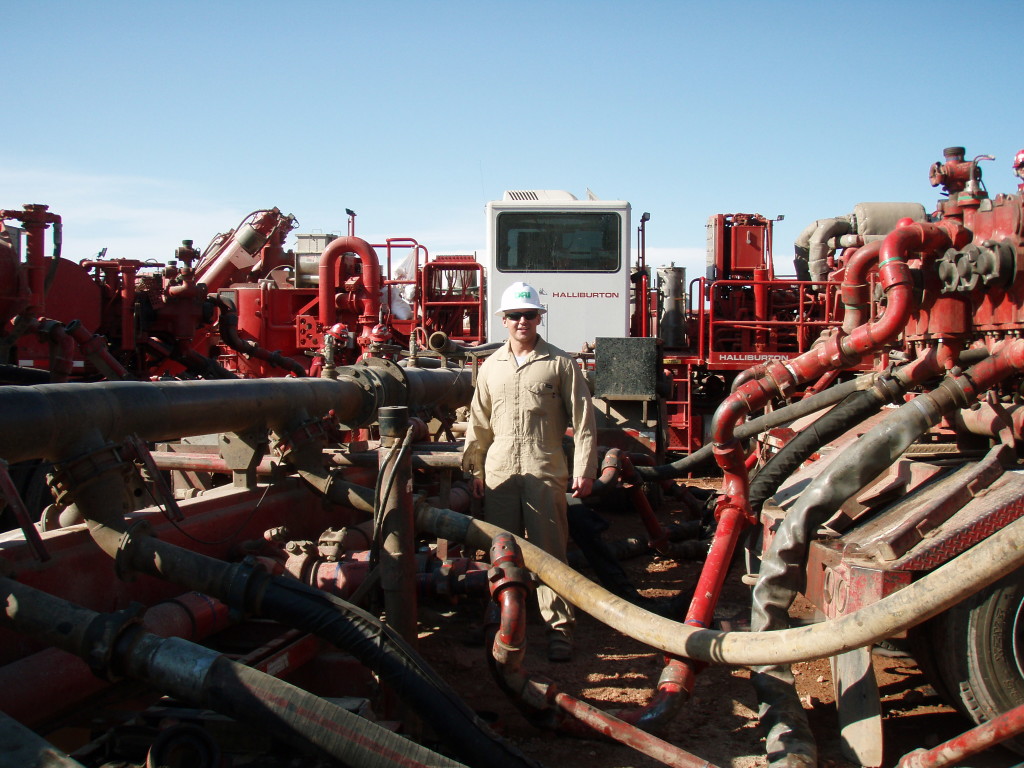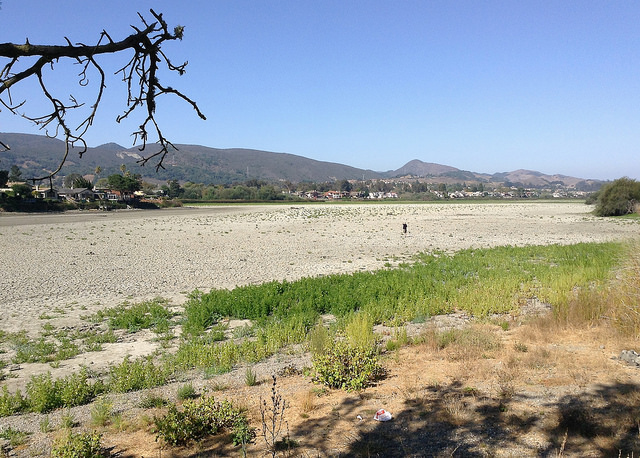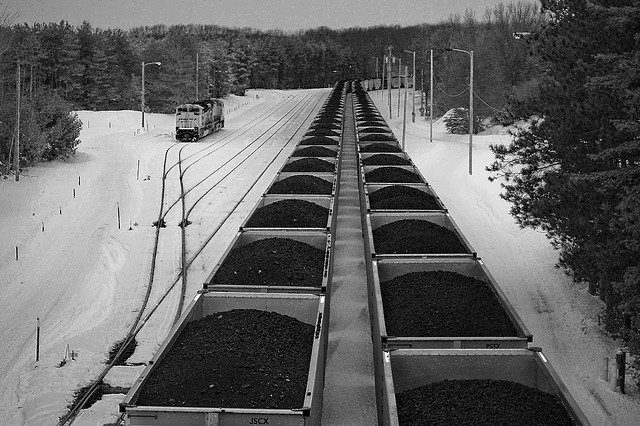Podcast: Play in new window | Download
Subscribe: RSS
The TIME website headline said: “What You Need to Know About the E.U.’s Refugee Crisis.” It was, of course, a follow-on to the deaths Sunday of nearly a thousand desperate refugees whose boat capsized off the coast of Libya, on its way to Italy. It was one of a series of accidents that killed 3,500 last year and 1,500 so far this year, a fatality rate that testifies to the size of the human tsunami that is crashing into the south coast of Europe. All we have are guestimates of the size, but one of them places the current flow at 10,000 per week. Continue reading








